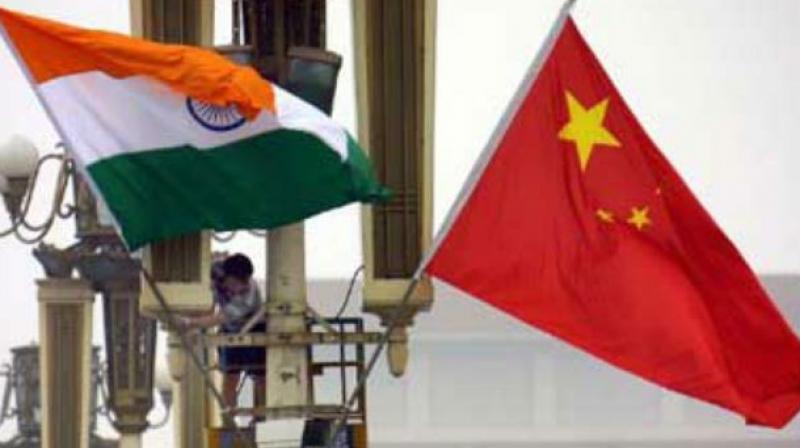This year the exercise is expected to be held in the Bay of Bengal and the Arabian Sea and is scheduled to be held in November.“As India seeks to increase cooperation with other countries in the maritime security domain and in the light of increased defence cooperation with Australia, Malabar 2020 will see the participation of the Australian Navy,” Ministry of Defence said in a statement on Monday.
In the backdrop of Chinese aggression, New Delhi’s decision came after the Quad countries – the US, Japan, India and Australia met in Tokyo on October 6.
While all the four members are facing hostilities from China, the officials of Japan, India and Australia refrained from using China’s name although the US’ State Secretary, Mike Pompeo, didn’t hold back.He openly criticised China for being an aggressor in the “South [China Sea], in the East China Sea, the Mekong, the Himalayas, the Taiwan Straits.” “As partners in this Quad, it is more critical now than ever that we collaborate to protect our people and partners from the Chinese Communist Party’s (CCP’s) exploitation, corruption, and coercion,” stated Pompeo.
He blamed Beijing’s “authoritarian regime” for “cover-up” of the COVID-19 pandemic by “silencing” citizens who raised warnings.Harsh Pant a professor of international relations at London’s Kings College told SCMP that India’s push towards Quad, especially with the invitation to Australia, is surely aimed at China.
“Each time the Quad is even mentioned, China goes ballistic,” Pant said. Amid rising Chinese assertiveness, such a reaction might be egging India on, he added. “If it rattles China’s cage, why not rattle it well? That is what India is trying,” he said.
A Global Times (GT) editorial, a daily tabloid newspaper under the auspices of the Chinese Communist Party, said that the inclusion of Australia in the Malabar exercise is aimed at putting pressure on China.
The tabloid blamed the US for turning the Quad into ‘Asian NATO’. “The three [India, Japan and Australia] have seen a “threat” because they are unaccustomed to China’s rise, but have developed realistic relationships with China’s rapid growth.”
While the editorial addressed the territorial disputes with India and Japan, it blamed Australia for following the US that resulted in tensions between Beijing and Canberra.

“China cannot prevent gatherings of the four countries by exerting diplomatic pressure. But China has had the initiative in its relations with India, Japan, and Australia, with abundant resources to keep them away from the US’ anti-China strategy,” stated the tabloid.
“Take India. China-India border frictions are not so easy to address. But it is believed that both countries hope to prevent their frictions from becoming strategic hostility. It is clearly against India’s interests to abandon its strategic autonomy and play a pawn of the US just because of India-China border issues,” it added.
It further called the concept of Quad “primitive” saying that the geopolitical ties and contradictions of the four members with China are different and thus have different expectations and demands from the Quad which is going to prevent them in creating an anti-China alliance.
“For a long time, India was appeasing China and being extra sensitive and cautious. That [approach] is being reviewed and the Quad is a good example,” retired Indian Navy Commodore C. Uday Bhaskar told SCMP.
GT goes a step further predicting how India will realise that China poses no threat and the Quad group won’t be of any help in the India-China border conflict, that heightened in June after the troops of both sides got into a violent clash.
“India has to face China by itself. China and India could reduce frictions through negotiations. China will not hesitate to resort to military means if need be. There is no place for the QUAD group in the China-India border issues,” it warned.
































